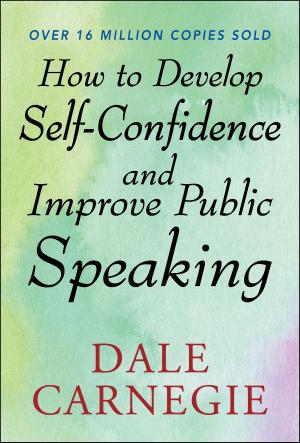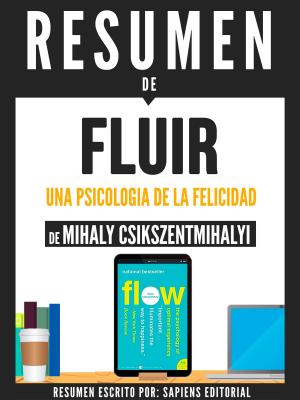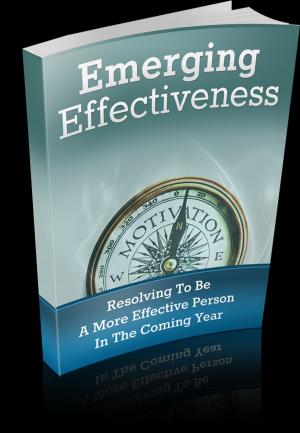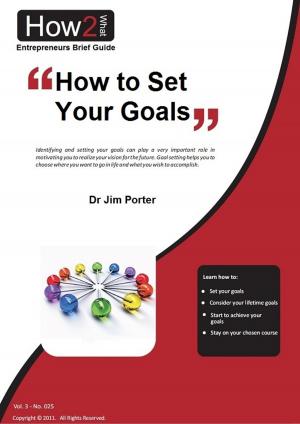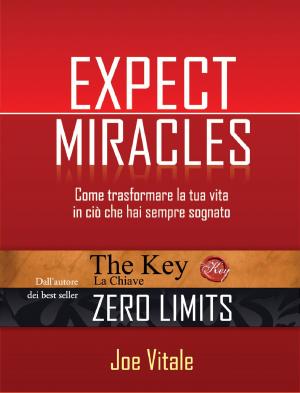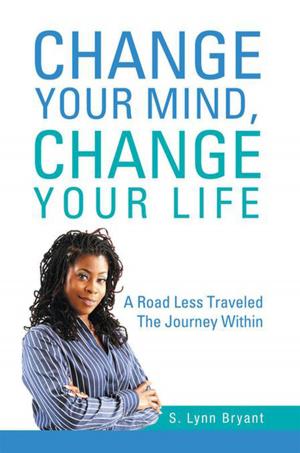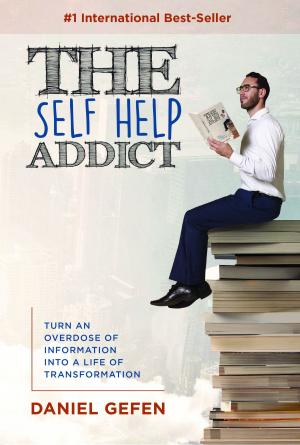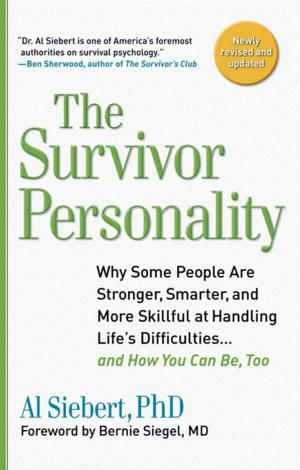How to Become Smarter
Nonfiction, Science & Nature, Science, Biological Sciences, Health & Well Being, Self Help, Self Improvement, Success| Author: | Charles Spender | ISBN: | 9781310901027 |
| Publisher: | Charles Spender | Publication: | November 10, 2014 |
| Imprint: | Smashwords Edition | Language: | English |
| Author: | Charles Spender |
| ISBN: | 9781310901027 |
| Publisher: | Charles Spender |
| Publication: | November 10, 2014 |
| Imprint: | Smashwords Edition |
| Language: | English |
A shorter, less technical version of this book, "Become Smarter," is available. The present ebook describes techniques for improvement of mental abilities (cognitive enhancement). Some of the things it can help you to achieve include the following:
- Depending on circumstances, use different lifestyles that improve one or another mental function.
- Experience euphoria without drugs and come up with new ideas, when needed.
- Slow down and prevent yourself from making rash, impulsive decisions, when necessary.
- Sharpen your wit, become more talkative, and entertain people.
- When necessary, lower your mood and increase emotional tension, which can reduce procrastination.
- Increase your score on intelligence (IQ) or general aptitude tests.
- Concentrate on reading and writing for many hours daily.
- Increase your grade point average if you are a student or improve your job productivity if you are a knowledge worker.
The proposed methods are brief cooling or heating of the body (water therapy) and three "smart diets," each suitable for a different type of task. The text also describes a "depressant diet," which is not a smart diet but can improve self-control and sleep. Readers don't need to use the strict diets on a permanent basis and the book recommends the conventional food pyramid most of the time. The text also discusses several useful social skills and studying/writing techniques as well as the role of luck in personal achievement.
Most authors in this field will tell you that you should read more books, solve mental puzzles, buy their nutritional supplements, sleep well, and exercise in order to get smarter. In contrast, this book is proposing moderately cold hydrotherapy and a smart diet (which involves avoiding all dietary supplements). To give another example, most books on anger management say that you should try to change your thinking in order to overcome anger, while this book suggests hot hydrotherapy and the exclusion of certain foods from your diet. The main focus of discussion in this text is on changing the biological workings of the brain, not on pop psychology. In particular, the book describes various combinations of diets and hydrotherapy that have the following effects: sedative/sleep-promoting, stimulant/wakefulness-promoting, attention-enhancing, antianxiety, antidepressant, mood-stabilizing (mood-lowering), neuroleptic, and euphoriant. In addition, the book presents existing scientific evidence of pain-reducing, fever-reducing, anti-fatigue, immunostimulatory, antinausea, antihypertensive, and anti-inflammatory effects of hydrotherapy. The text also discusses the possible side effects of the diets and hydrotherapy.
Despite its technical content, the book is written in an accessible language and has an informative summary for each chapter and a list of key points at the end of each section. Most of the claims in the bulleted list above are supported with a theory and the author's personal experience (a healthy subject). About a half of these claims is directly supported by previously published scientific studies, including the claim about intelligence tests.
Bonus: A sustainable weight loss regimen. Unfortunately, most weight loss diets adversely affect capacity for work and/or mental health. To give some examples, a vegetarian low-fat diet causes attention deficit and lowers capacity for work; a low-carb diet lowers capacity for work and promotes procrastination; a grain-free diet such as the Paleo diet increases irritability, impulsivity, and problems with anger; a balanced low-calorie diet lowers capacity for work and promotes procrastination. The proposed method involves a balanced diet, a program of physical exercise that does not require will power or time, and brief weekly fasting without water.
A shorter, less technical version of this book, "Become Smarter," is available. The present ebook describes techniques for improvement of mental abilities (cognitive enhancement). Some of the things it can help you to achieve include the following:
- Depending on circumstances, use different lifestyles that improve one or another mental function.
- Experience euphoria without drugs and come up with new ideas, when needed.
- Slow down and prevent yourself from making rash, impulsive decisions, when necessary.
- Sharpen your wit, become more talkative, and entertain people.
- When necessary, lower your mood and increase emotional tension, which can reduce procrastination.
- Increase your score on intelligence (IQ) or general aptitude tests.
- Concentrate on reading and writing for many hours daily.
- Increase your grade point average if you are a student or improve your job productivity if you are a knowledge worker.
The proposed methods are brief cooling or heating of the body (water therapy) and three "smart diets," each suitable for a different type of task. The text also describes a "depressant diet," which is not a smart diet but can improve self-control and sleep. Readers don't need to use the strict diets on a permanent basis and the book recommends the conventional food pyramid most of the time. The text also discusses several useful social skills and studying/writing techniques as well as the role of luck in personal achievement.
Most authors in this field will tell you that you should read more books, solve mental puzzles, buy their nutritional supplements, sleep well, and exercise in order to get smarter. In contrast, this book is proposing moderately cold hydrotherapy and a smart diet (which involves avoiding all dietary supplements). To give another example, most books on anger management say that you should try to change your thinking in order to overcome anger, while this book suggests hot hydrotherapy and the exclusion of certain foods from your diet. The main focus of discussion in this text is on changing the biological workings of the brain, not on pop psychology. In particular, the book describes various combinations of diets and hydrotherapy that have the following effects: sedative/sleep-promoting, stimulant/wakefulness-promoting, attention-enhancing, antianxiety, antidepressant, mood-stabilizing (mood-lowering), neuroleptic, and euphoriant. In addition, the book presents existing scientific evidence of pain-reducing, fever-reducing, anti-fatigue, immunostimulatory, antinausea, antihypertensive, and anti-inflammatory effects of hydrotherapy. The text also discusses the possible side effects of the diets and hydrotherapy.
Despite its technical content, the book is written in an accessible language and has an informative summary for each chapter and a list of key points at the end of each section. Most of the claims in the bulleted list above are supported with a theory and the author's personal experience (a healthy subject). About a half of these claims is directly supported by previously published scientific studies, including the claim about intelligence tests.
Bonus: A sustainable weight loss regimen. Unfortunately, most weight loss diets adversely affect capacity for work and/or mental health. To give some examples, a vegetarian low-fat diet causes attention deficit and lowers capacity for work; a low-carb diet lowers capacity for work and promotes procrastination; a grain-free diet such as the Paleo diet increases irritability, impulsivity, and problems with anger; a balanced low-calorie diet lowers capacity for work and promotes procrastination. The proposed method involves a balanced diet, a program of physical exercise that does not require will power or time, and brief weekly fasting without water.

